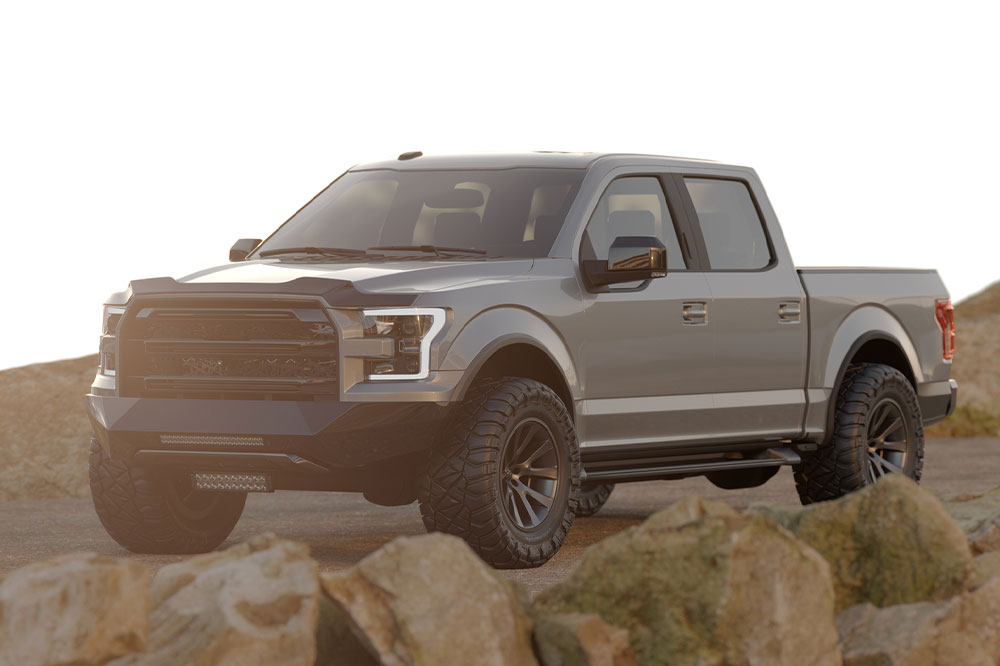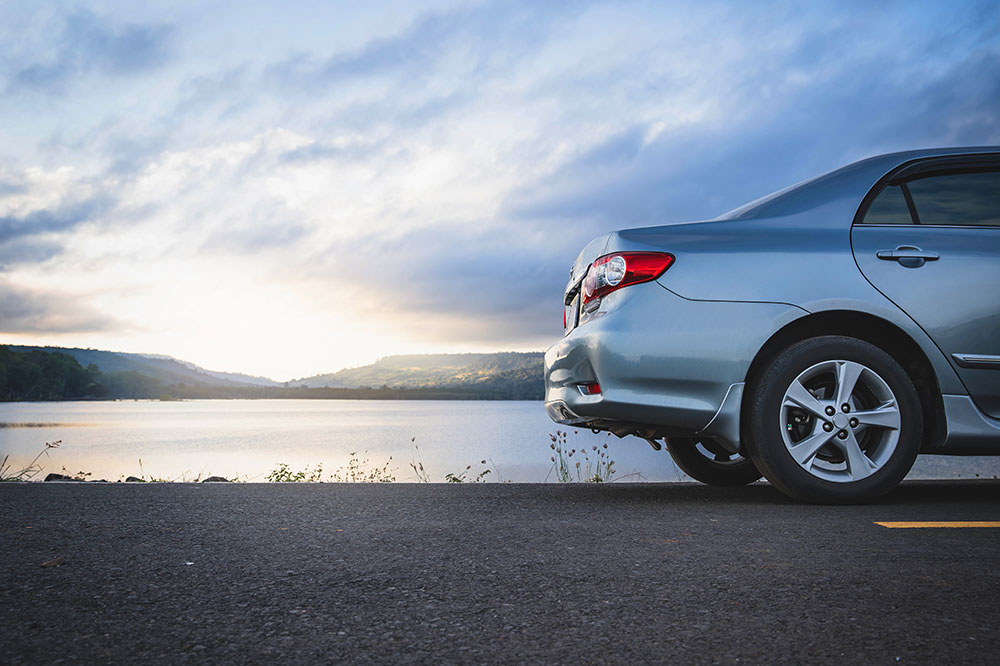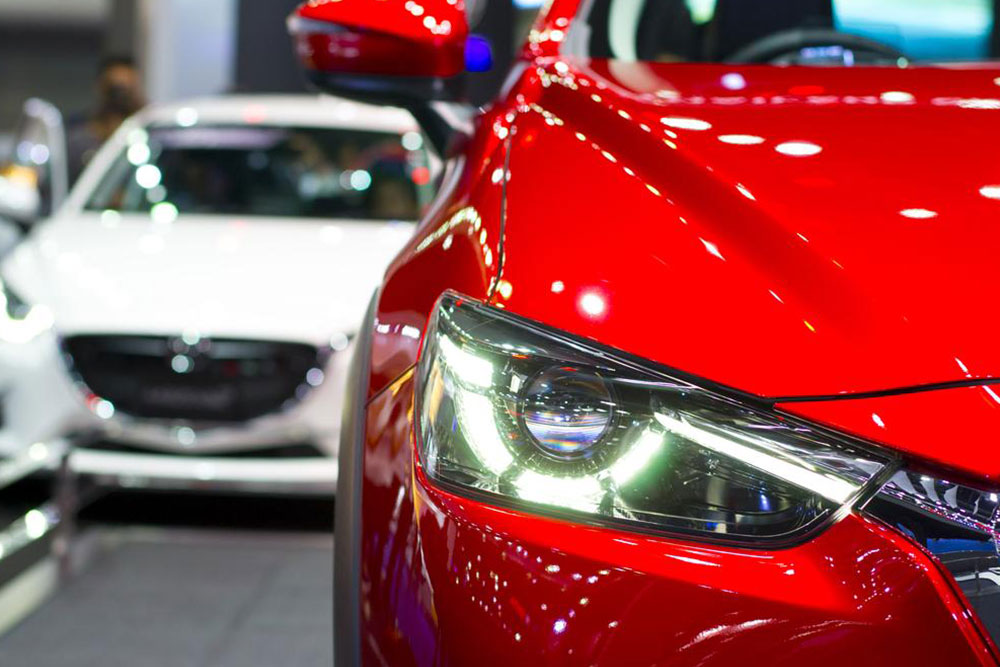The Rising Popularity of Pickup Trucks in Modern Commercial and Personal Markets
Pickup trucks have continually evolved from basic farm tools to versatile vehicles essential for various sectors, including agriculture, construction, and recreational activities. Their popularity is driven by continuous technological innovations, durability, and expanding capabilities. This article explores the rich history, ongoing advancements, and future prospects of pickup trucks, highlighting their significance in modern markets worldwide. With increasing demand, especially in the US, pickup trucks are set to dominate both personal and commercial transportation sectors for years to come, reflecting their enduring appeal and utility.

The Rising Popularity of Pickup Trucks in Modern Commercial and Personal Markets
Pickup trucks have established themselves as indispensable vehicles both in rural and urban settings. Over the past century, these rugged, versatile vehicles have evolved significantly, transforming from purely utilitarian farm tools into sophisticated, multi-purpose machines that cater to a wide range of needs, including personal transportation, commercial use, recreational activities, and outdoor adventures. Their adaptability and robustness have made them a preferred choice for various sectors, contributing to their sustained popularity in markets worldwide, especially in the United States.
The history of pickup trucks dates back nearly a hundred years. The first officially recognized pickup truck was developed by Ford in 1925 and was called the Model T Runabout. This early vehicle featured a durable steel bed and a sturdy suspension system, designed to handle heavy loads and rough terrains. It marked the beginning of a new era in vehicle design, emphasizing functionality, strength, and practicality. This innovation laid the foundation for the broad and diverse pickup truck models we see today.
Initially, pickup trucks revolutionized agricultural logistics. Farmers found them to be invaluable for transporting crops, tools, livestock, and other equipment efficiently across large farms. Their ability to handle rough terrains and carry heavy loads helped boost productivity and streamline farming operations. Over the subsequent decades, automobile manufacturers like Ford, Dodge, Chevrolet, and others made continuous improvements to their models, focusing on enhancing durability, comfort, safety, and technological integration.
For instance, Dodge set new standards in cargo capacity and toughness with its release of heavy-duty trucks in 1929. These trucks featured reinforced cabs and frames capable of withstanding tough work environments, making them ideal for demanding jobs. Such advancements marked a significant shift towards building trucks that could handle more rigorous tasks while maintaining driver comfort.
As material technology advanced, manufacturers started exploring lighter yet stronger materials to enhance vehicle efficiency. Traditional steel was gradually supplemented by innovative alloys, composites, and lightweight metals, which helped reduce vehicle weight without sacrificing strength. This not only improved fuel efficiency but also increased payload capacity, making pickup trucks more versatile and economical.
Today, pickup trucks are not just workhorses—they serve a broad spectrum of functions. They are crucial in construction, logistics, small business operations, and outdoor recreation industries. The rise in demand is driven by ongoing innovations such as turbocharged engines, hybrid and electric options, advanced driver-assistance systems, and luxurious in-cab amenities. These factors contribute to their expanding appeal among different consumer segments, from practical workers to affluent SUV enthusiasts seeking style and performance.
In the United States, pickup trucks consistently rank among the best-selling vehicles year after year. Sales figures reveal a strong market appetite steeped in the trucks' reputation for durability, utility, and style. Particular models like Ford F-Series, Chevrolet Silverado, Ram trucks, and Toyota Tacoma continue to lead sales charts, reflecting their popularity and the trust consumers place in their quality and performance.
The future of pickup trucks looks promising, with automakers investing heavily in electric models and smart technology. The shift toward environmentally friendly vehicles means we can expect more electric pickup trucks in the coming years, further expanding their usage scenarios. Innovations in battery technology and charging infrastructure are making electric pickups increasingly viable, promising to transform the landscape of both personal transportation and commercial logistics.
Overall, the rising demand for pickup trucks underscores their vital role in modern mobility, blending ruggedness with technological sophistication. As they continue to evolve, pickup trucks will undoubtedly remain a central component of both everyday life and industrial operations across the globe.





